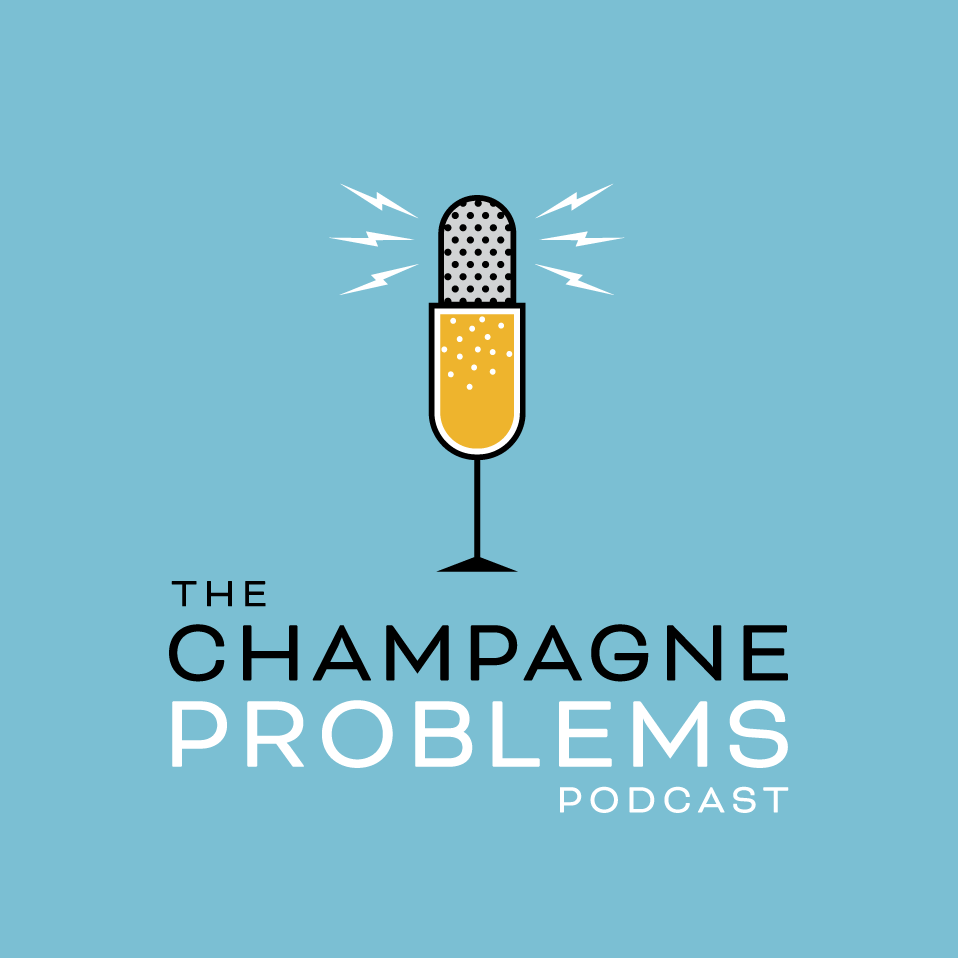Trauma & Alcohol Go Hand-in-Hand: How to Break the Cycle
It’s no surprise that alcohol and trauma are closely connected.
People who have experienced trauma are at an increased risk of abusing alcohol. However, there’s another side to the equation: alcohol use also increases the chances of a person experiencing a traumatic event.
To better understand the trauma-alcohol connection, let’s take a closer look at the relationship between the two and how to stop the cycle of trauma and alcohol use.
What Is Trauma?
Trauma can mean something different to every person. The events that cause trauma can vary widely from person to person, but can include:
An accident, such as a fall or car accident
Sexual harassment, abuse, or rape
Emotional abuse or neglect
Childhood abuse or neglect (physical, sexual, or emotional)
Living with someone with a substance abuse or mental health disorder
Racism, discrimination, or bullying
Violence or the threat of violence
Living or growing up in poverty
Traumatic events can be life-threatening, but they don’t have to be. Trauma can also include the death of a loved one, loss of a job or relationship, experiencing a miscarriage, and having a loved one with a serious illness.
These events can affect a person’s ability to cope and have lasting effects. Trauma is an emotional response to these events, but the symptoms can also be physical.
Some people may feel shame, fear, anger, or sadness as emotional symptoms. Others may experiences headaches, gastrointestinal problems, and dizziness. Anxiety and depression are common responses to trauma, as is substance abuse.
The Trauma-Alcohol Connection
Since trauma can impact a person’s ability to cope in a healthy way, people may look for other coping mechanisms to help them manage their distress. Drug use, drinking, smoking, and overeating are all common.
While these behaviors can provide temporary relief, they can also create new problems. Let’s break down how alcohol can make trauma worse.
A person may drink to numb their feelings or reactions to recent or past trauma as a way to cope. This can work temporarily, and may even induce positive feelings in place of negative ones. But since alcohol disrupts dopamine levels, eventually you’ll feel worse than when you started drinking.
People continue drinking to keep the bad feelings away, but the alcohol can begin to impact their work life, relationships, and mental and physical health.
Since the core issue doesn’t get resolved, alcohol will continue to be a temporary bandage on a deep wound that needs treatment to heal. Your natural emotional or physical response to the trauma may get worse as you use alcohol to suppress your feelings.
Alcohol can increase the chances that you experience an additional traumatic event, and so can create a cycle of trauma and alcohol use.
To sum up: Although alcohol can be used as a coping mechanism for trauma, it can also hinder the healing process, prolong the traumatic response, and create new problems.
How to Break the Cycle
The first step is realizing that alcohol doesn’t have to be the solution to your trauma.
You are not alone in experiencing trauma. The majority of adults have experienced at least one adverse event that can lead to lasting emotional and physical pain.
You are not to blame for your trauma. But you have the power to cope with it in a healthy way. By addressing your trauma, you free yourself from its hold and allow yourself to move on. In other words, you heal.
So how can you address trauma and break the cycle of alcohol use?
Recognizing the trauma is a good place to start. Often, we are in denial about the traumatic event, especially immediately afterward. Realizing that you experienced something that negatively impacted you is a healing first step.
Be willing to heal. Working with a professional, such as a therapist, can help you cope with trauma in a safe and supportive environment, and in a way that works for you.
When trauma-related memories or negative emotions come up, don’t ignore them. It can be tempting to numb or suppress them. Instead, breathe through the experience and be gentle with yourself.
Start making steps towards healthier coping mechanisms. Instead of reaching for a drink, take a few minutes to process your feelings. Call a friend. Go for a walk. Get out of the house. It’s possible to retrain your brain to cope with trauma in healthier ways.
And remember, you don’t have to stop drinking to start dealing with your trauma. You can take steps now to heal without giving up alcohol.
Healing from trauma is a highly individualized experience, and you get to choose the path that works for you. By doing so, you have the opportunity to create a healthier relationship with alcohol instead of one based on a trauma response.
